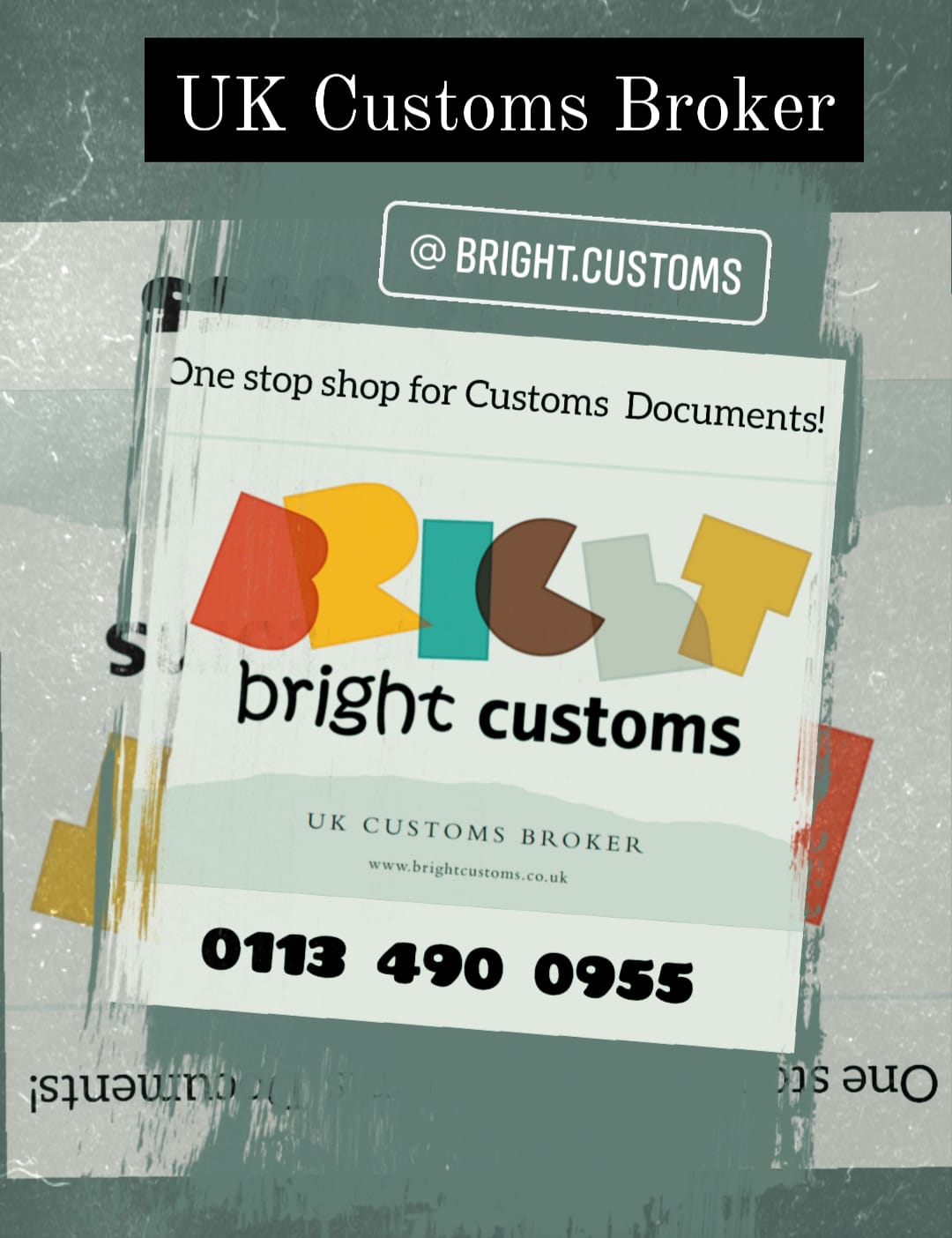What is Incoterms?
What is Incoterms?
Incoterms, short for "International Commercial Terms," are a set of globally recognized rules that define the responsibilities of sellers and buyers in international trade. Think of them as the universal language of trade, outlining who is responsible for what during various stages of a shipment's journey from seller to buyer. These terms are crucial because they clarify crucial points like who pays for shipping, insurance, and customs duties, and at what point the risk of loss or damage to the goods passes from the seller to the buyer. For example, if a seller agrees to a term where they are responsible until the goods are loaded onto a ship (e.g., FOB – Free on Board), the buyer knows they need to handle everything from that point onwards. Incoterms are designed to reduce confusion in international trade by ensuring that everyone involved has a clear, shared understanding of their responsibilities, helping to make global trade smoother, safer, and more predictable for everyone.
What are the most comonly used Incoterms in UK-EU Trade (goods shipped by road)?
To help demystify Incoterms and make your trade journey smoother, let's dive into a clear and simple explanation of some of the most commonly used Incoterms in trade between the UK and the EU.
-
EXW (Ex Works): Imagine you're buying a piece of furniture from a craftsman. If the deal is EXW, it means your responsibility is to pick it up right from the craftsman's workshop. The craftsman's job is simply to make it available to you; from then on, it's up to you to handle all the transportation, insurance, and customs procedures to get it to your place.
-
FCA (Free Carrier): Let's say you order a batch of books. With FCA, the seller delivers these books to a pre-agreed place, which could be a port, warehouse, or another location. Once the books are at this place and in the care of a transport carrier you've chosen, the seller's responsibility ends. From there, you take over, managing the journey of these books to your doorstep.
-
CIF (Cost, Insurance, and Freight): Imagine you're importing a special kind of tea. Under CIF, the seller pays for bringing this tea all the way to your country's port, including the shipping cost and insurance during the journey. However, once the tea arrives at your port, you're in charge. You'll handle the customs clearance, any import duties, and the final delivery from the port to your shop.
- CPT (Carriage Paid To): Imagine you're buying a new coffee machine for your cafe from another country. With CPT, the seller is like your personal shopper; they take the responsibility of sending the coffee machine all the way to a specific location in your country, maybe a local delivery hub near your cafe. The seller pays for all the transportation costs to get it there. However, there's a twist: once the coffee machine arrives at the hub, your responsibility kicks in. You need to handle any additional transport costs to get it from the hub to your cafe, and if there are any customs duties or taxes to be paid at the border, those are on you too. CPT ensures the seller covers a big part of the journey, but you take over at the final stretch to bring your new coffee machine home.
-
DAP (Delivered at Place): Consider you're getting a custom-made sign for your store. If it's DAP, the seller is sending this sign all the way to a specified location, maybe right outside your store. But here's the catch: while the seller manages the journey, you're responsible for unloading the sign and dealing with any local customs or import duties.
-
DDP (Delivered Duty Paid): This one's like getting a full-service package. If you order a piece of art from abroad with DDP terms, the seller handles everything. They bring the art to your doorstep, taking care of all transportation costs, insurance, and even the customs duties or taxes in your country. You just wait for the delivery, with minimal hassle on your end.
Each of these Incoterms offers a different mix of responsibilities and costs between the seller and buyer, making it crucial to choose the right one that fits your needs and ensures a smooth transaction.
Are These All the Incoterms?
Certainly not! The world of Incoterms is vast and varied, with each term tailored to address different needs and scenarios in international trade. While we've covered some of the most commonly used Incoterms, there are several more, each with its unique stipulations and use cases. To fully grasp the breadth and depth of Incoterms and to find the one that best suits your specific trade needs, we encourage you to delve deeper. Resources like Wikipedia or official trade websites offer a wealth of detailed information. Equip yourself with this knowledge to navigate the complexities of international trade with confidence and precision. Happy trading!


 Polski
Polski Deutsch
Deutsch Slovenský
Slovenský български
български